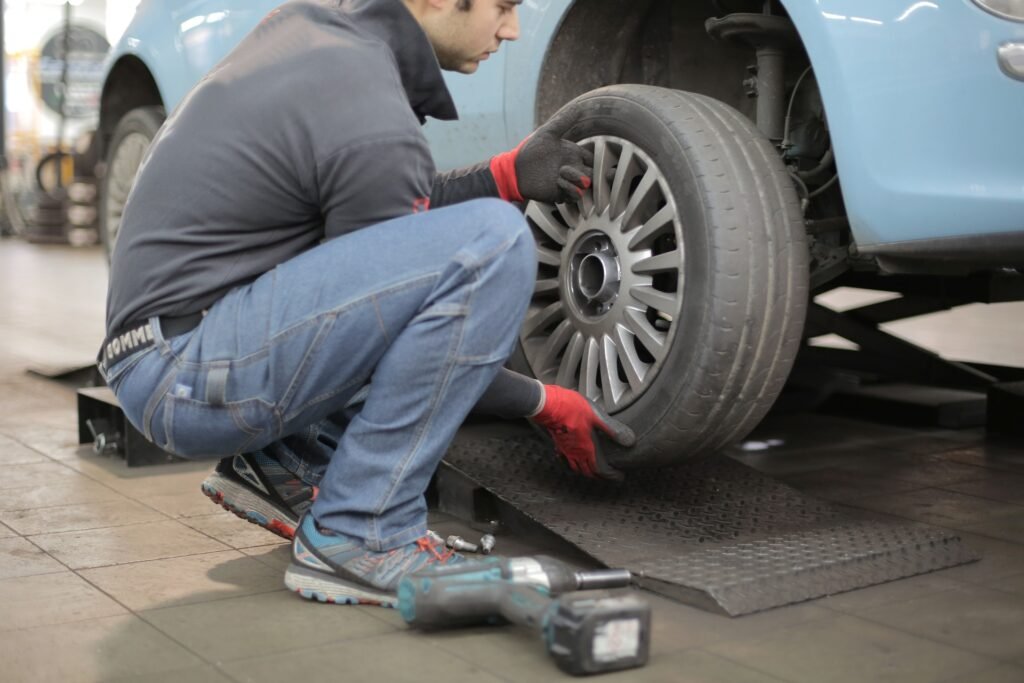An engine is a vehicle’s heart; if it doesn’t work, it’s not going anywhere. When an engine doesn’t run right, it presents safety issues, but proper maintenance keeps engines from overheating, stalling, or failing. While an engine may look like one big part, it’s made up of hundreds of components that work together to distribute power to the vehicle’s wheels. Here, we’ll offer several maintenance tips for longer engine life and safer driving.
Keep it Clean on the Outside
The engine is one of a car’s most important parts, and that’s why cleanliness is essential. With time, cabin and engine air filters will become clogged with grime, dust, debris, and dirt. Grease and oil may trap heat, making it hard for the engine to cool properly.
A specialist in auto repair Raleigh NC may recommend or use a degreaser to clean the outside of a vehicle’s engine. Vacuum tools are also used to remove dust and debris. While engine designs generally keep junk out of internal parts, it’s still possible to run into problems. If you’ve noticed odd smells or noises coming from the engine compartment, bring the vehicle in right away.

Tune it Up
Functional spark plugs are crucial to an engine’s efficiency and performance. To keep grime and dirt out of the engine, spark plugs must be periodically changed or cleaned. A technician will remove the plug wires and plugs before using special cleaners and brushes to eliminate dirt and grime. Then, they’ll clean or replace the spark plugs and wires. It’s a small job that doesn’t take long, but it goes a long way toward improved engine performance.
Keep the Engine Lubricated
Engines are made up of hundreds of moving parts, all of which need lubrication to function efficiently. As an engine runs, it generates friction and heat—which will gradually wear down unlubricated parts. The damage can sometimes be irreparable, resulting in the need for engine repair or replacement.
Service technicians will ensure that the engine’s cylinder walls, piston rings, and crankshaft are lubricated to prevent friction-related damage. During the process, they’ll also check engine seals for leaks and fitment issues.
Change the Oil Regularly
It’s a simple procedure, yet it’s often overlooked. Oil changes make a significant difference in engine performance. With time, engine oil may become sticky, cloudy, and murky, losing some of its lubricant properties. Oil should be changed every five months or 5000 miles, whichever comes first. If you’re unsure whether your oil needs to be changed, bring your vehicle in for an inspection.
Don’t Wait to Get Help
If there’s a problem with your vehicle’s engine, it’s best to address it right away. The longer these issues are left untreated, the more damage they’ll cause. With prompt action, you’ll keep a simple fix from turning into an expensive repair. Whether you’re maintaining an older vehicle or keeping a new one in great shape, these tips will keep your engine running smoothly throughout its lifespan.
Also read:
Locksmith Pasadena MD Servleader: Your Trusted Security Partner
IgAnony: The Instagram Story Viewer for Anonymous Viewing
SnapInsta: Your Ultimate Solution for Instagram Content Download
